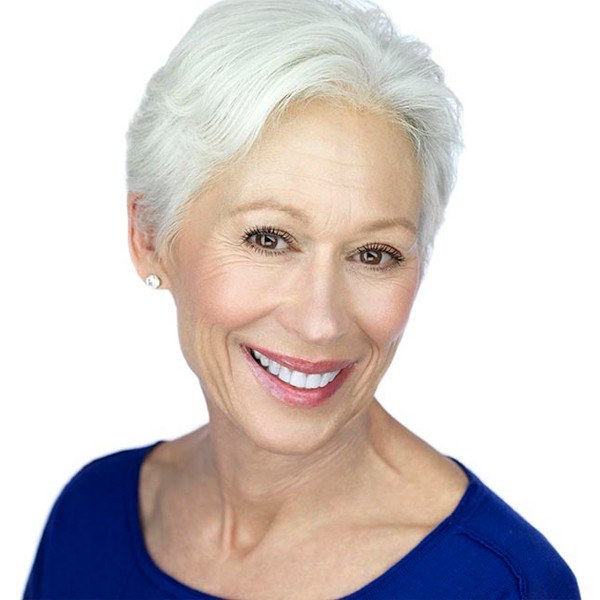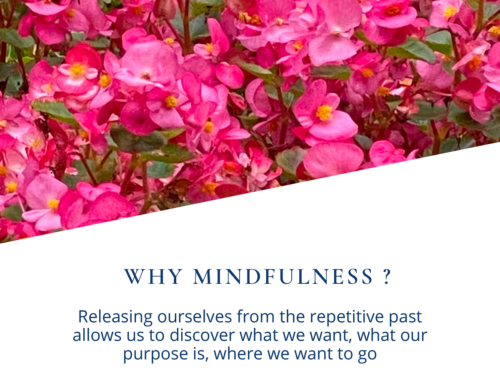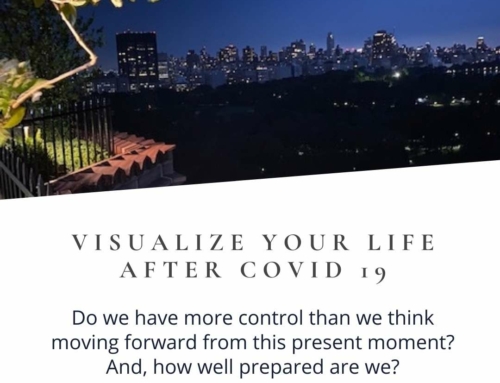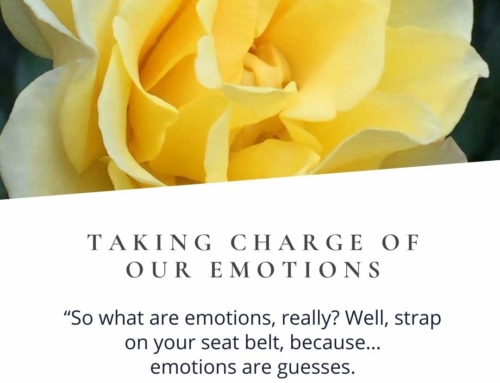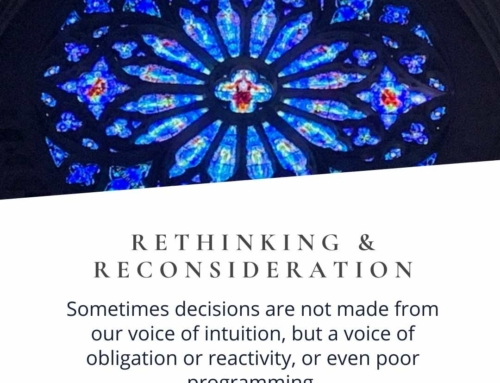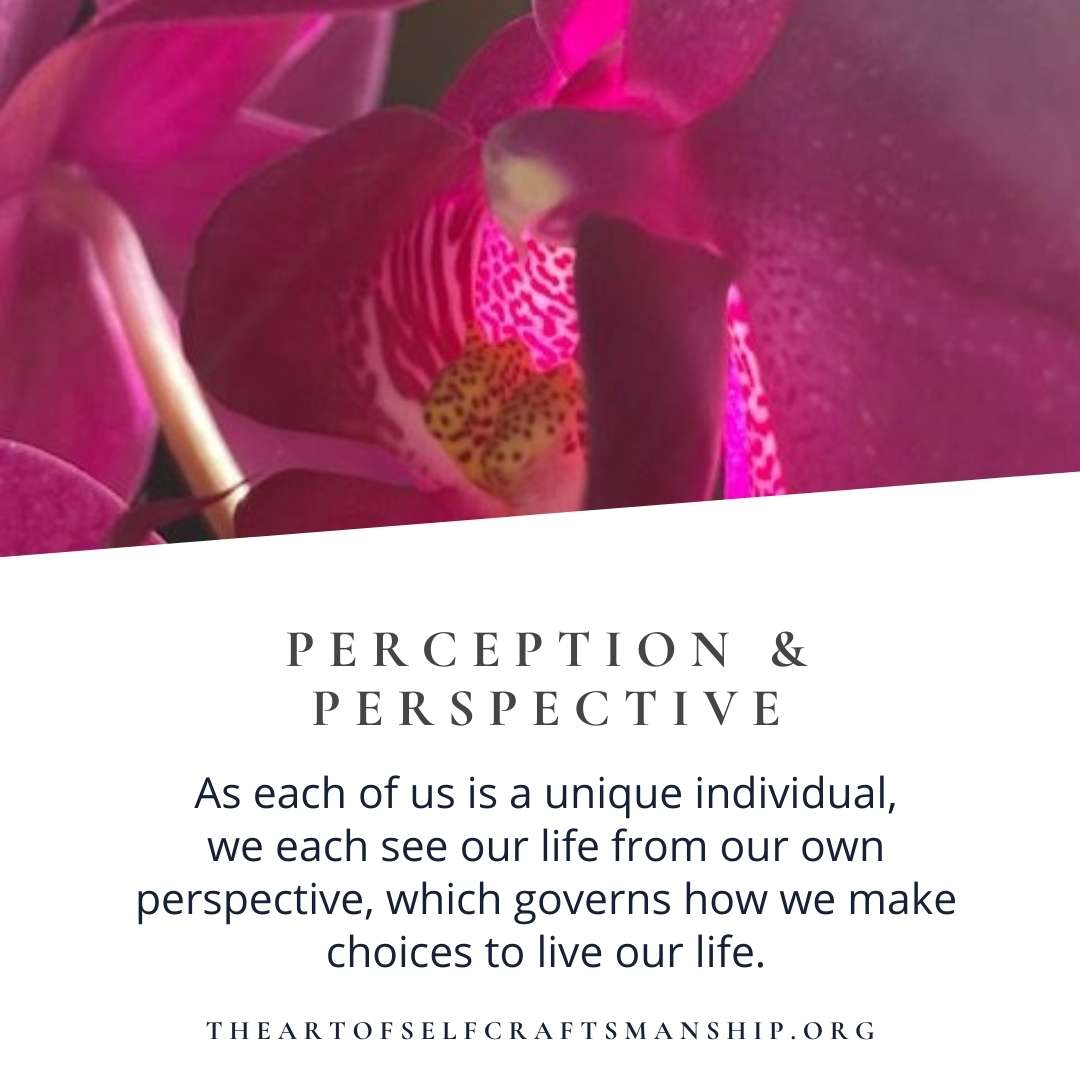
How many people are in the world today? I imagine that there are as many perspectives on any given subject—or object—as there are the minds that are perceiving them.
Perception is defined by the Definitions of Oxford Languages as:
“The neurophysiological processes, including memory, by which an organism becomes aware of and interprets external stimuli.”
This comes though the five senses, such as visual, auditory, haptic, gustatory, and olfactory. What tastes fabulous to one person may cause another to wrinkle up their nose in disgust.
And, then there’s the perspective as to whether that particular perception is ‘good’ or ‘bad’ or ‘useful’ or ‘destructive’ or whatever.
According to the Cambridge Dictionary, perspective is:
“A particular way of considering something; to think about a situation or problem in a wise and reasonable way; to compare something to other things so that it can be accurately and fairly judged.”
There are different perspectives in psychology that determine areas and approaches within the discipline of psychology and how the experience of enjoying or avoiding that food choice is interpreted.


Perspective comes from perceptions, and as you can see, both perception and perspective are highly subjective.
Perspective is one of the higher faculties that we as humans have access to. Jocelyn Duffy wrote an interesting article in Psychology Today, The Power of Personal Narrative.
As each of us is a unique individual, we each see our life from our own perspective, which governs how we make choices to live our life.
Perspective taking is a tool that can be cultivated and used to explore how others see things from their perspective—sometimes still referred to as ‘walking in another man’s shoes.’
However, consider this—Michael Poulin, associate professor at the State University of New York at Buffalo and colleagues showed in their 2017 study that an “imagine others” perspective leads to less stress than an “imagine self” perspective (i.e., walking a mile in someone else’s shoes).
“You can think about another person’s feelings without taking those feelings upon yourself,” Poulin said. “The distinction is important—stay in your own shoes, while appreciating another’s visual and perceptual perspective.”
One of my favorite quotes from Wayne Dyer: “If you change the way you look at things, the things you look at change.”
Your choices make a difference. What you feed your mind is critical to your well-being.
Recent research by Lisa Feldman Barrett, neuroscientist, and others shows that the body is an extension of the mind. More on this next time.

